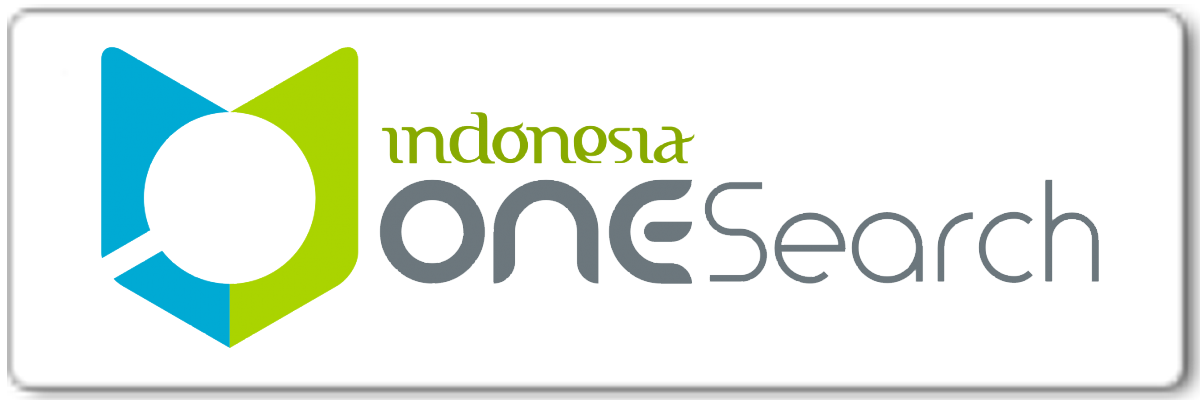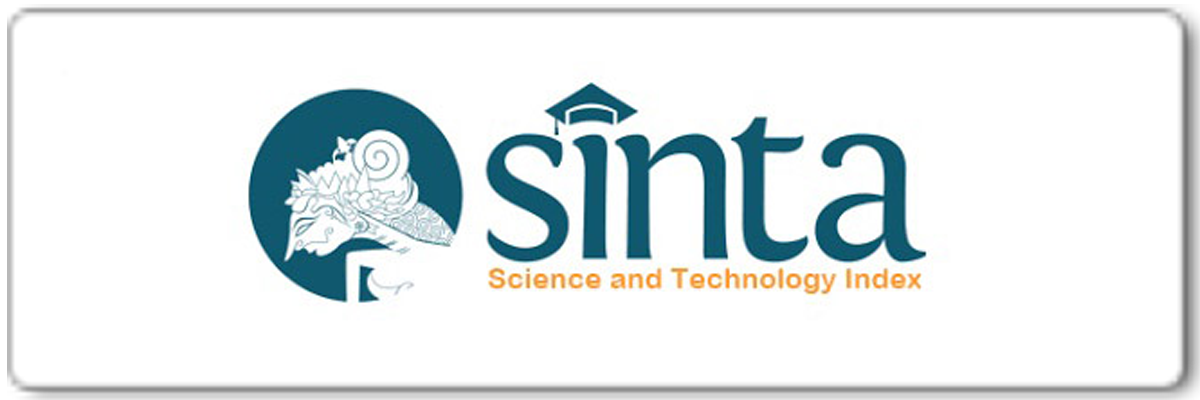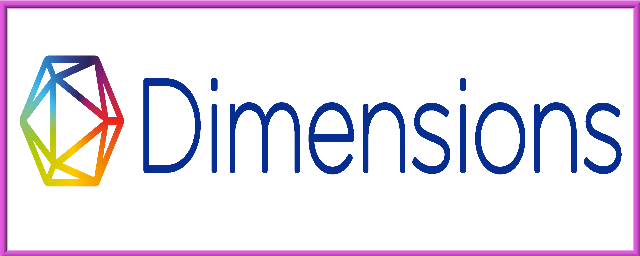SPEECH ACTS PREFERENCE IN COMPUTER – MEDIATED INTERCULTURAL COMMUNICATION VIA FACEBOOK MESSENGER: A NETNOGRAPHIC STUDY
Abstract
People will not only use language for sharing message but also due to do an action. Through language, people will ask, promise, refuse, greet, invite, thank, and so on. The purpose of this research is to identify the speech acts preference used by Indonesian and Filipino non – native speakers of English via Facebook Messenger. Besides, to identify the similar or different of speech acts preference they used.
The source of data are utterances of conversation in Facebook Messenger. The researcher applies documentation and an observation (reading the book and internet as the references) in collecting the data. After collecting the data, the researcher analyzes the data by focusing the speech acts theory. In order to support the evidence of the result, the researcher needs to describe and compare the high context-cultures and low context-cultures by Hall (1976) and also cultural dimension of Indonesia and Philippines by Hofstede.
The result of the analysis shows that the most speech acts preference used by Indonesian and Filipino non - native speakers of English is direct speech act. Similar and different types of speech acts are found. The similar speech act preferences are found in declarations and representatives. The different speech acts preferences are found in expressives, directives, commissives, direct, and indirect speech acts. The result of this research also shows that the communication of Indonesian and Filipino are included into low contex-cultures. It is contrary with the theory of Hall and Hofstede which shows that Indonesia and Philippines factually should be high context-cultures.Keywords
Full Text:
PDFReferences
Ary, D. (2010). Introduction to Research in Education. Belmont, Calif, CA: Thomson/ Wadsworth.
Austin, J. (1962). How to Do Things with Words. Cambridge: Harvard University Press.
Berg, B. (2001). Qualitative Research Methods for The Social Sciences. Boston: Allyn and Bacon.
Berge, Z., and Collins, M. (1995). Computer-Mediated Communication and The Online Classroom od Distance Learning. (http://www.december.com Retrieved on March 9th, 2015).
CommGAP. Intercultural Communication. (www.worldbank.org/commgap, Retrieved on March 9th, 2015).
December. (1995). Computer - Mediated Communication and the Online Classroom in Distance Learning (http://www.december.com/cmc/mag/1995/apr/berge.html/ Volume 2, Number 4/ April 1, 1995/ Page 6, Retrieved on March 23th 2015).
Geis, M. (1995). Speech Acts and Conversational Interaction. Cambridge, New York: Cambridge University Press.
Hall, E. (1976). Beyond culture. Garden City, N.Y.: Anchor Press.
HTC Corporation. (2013). Your HTC First™ User Guide. HTC Corporation
Kozinets, R. (2002). The Field Behind The Screen: Using Netnography For Marketing Research In Online Communities. Journal of Marketing Research, XXXIX(39), 61-72.
Kozinets, R. (2010). Netnography: Doing Ethnographic Research Online. Los Angles, USA: SAGE. ISBN: 978-1-84860-645-6. Field Methods,38, 1-1 (http://www.sagepub.com, Retrieved on March 10th, 2015).
Krippendorff, K. (2004). Content analysis: An Introduction to Its Methodology. (2nd ed). Beverly Hills: Sage Publications.
Levinson, S. (1983). Pragmatics (1st ed). Cambridge: Cambridge University Press.
Searle, J. (1971). The Philosophy of Language. London: Oxford University Press.
The Hofstede Centre. (http://geert- hofstede.com/indonesia.html, Retrieved on March 23th 2015).
Yule, G. (1996). Pragmatics. (1st ed). Oxford, New York: Oxford University Press.
Article Metrics
Abstract has been read : 755 timesPDF file viewed/downloaded: 0 times
DOI: http://doi.org/10.25273/etj.v3i1.735
Refbacks
- There are currently no refbacks.
Copyright (c) 2016 English Teaching Journal : A Journal of English Literature, Language and Education
English Teaching Journal: A Journal of English Literature, Language and Education indexed by:
This work is licensed under a Creative Commons Attribution-NonCommercial-ShareAlike 4.0 International License.







